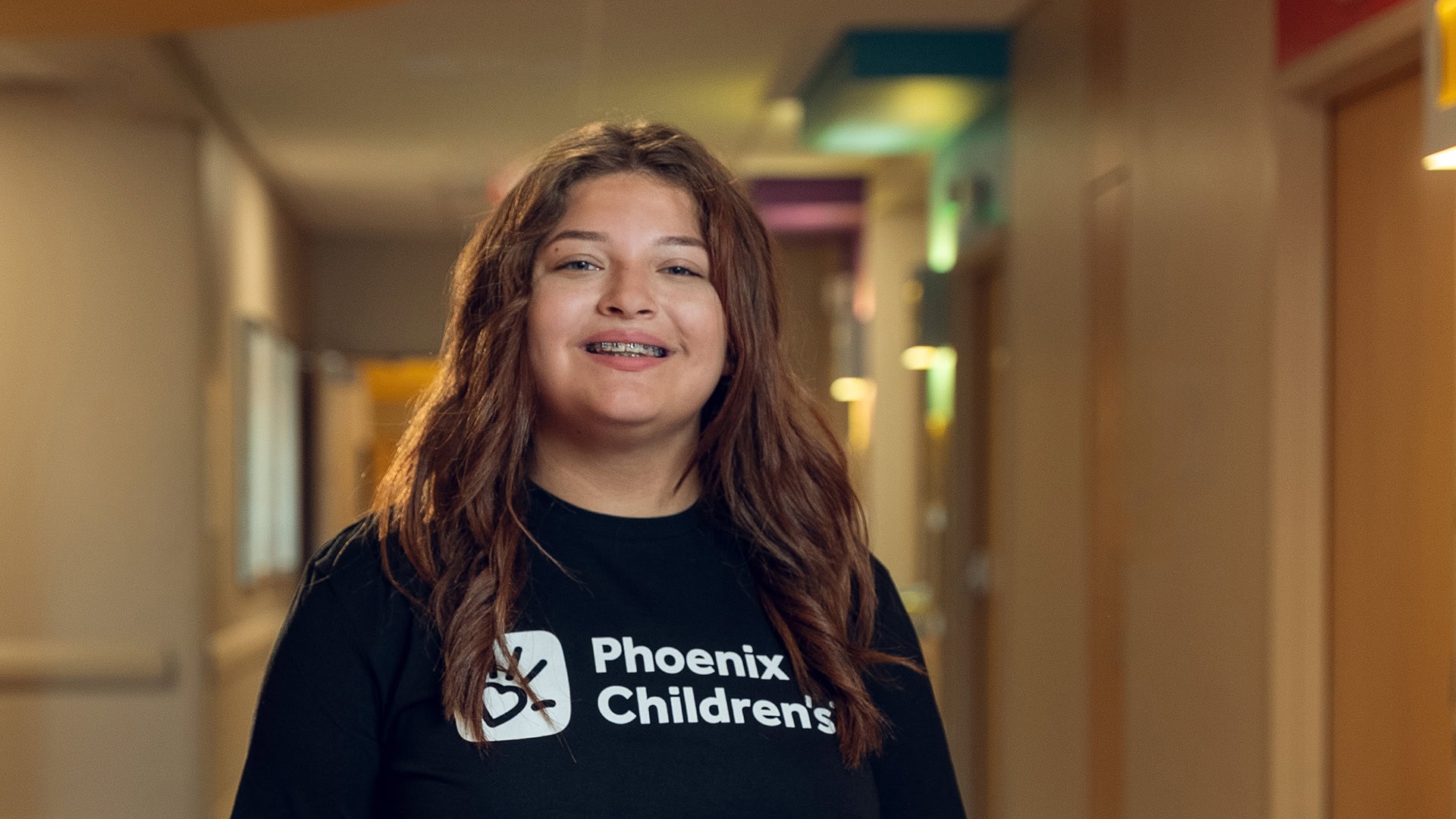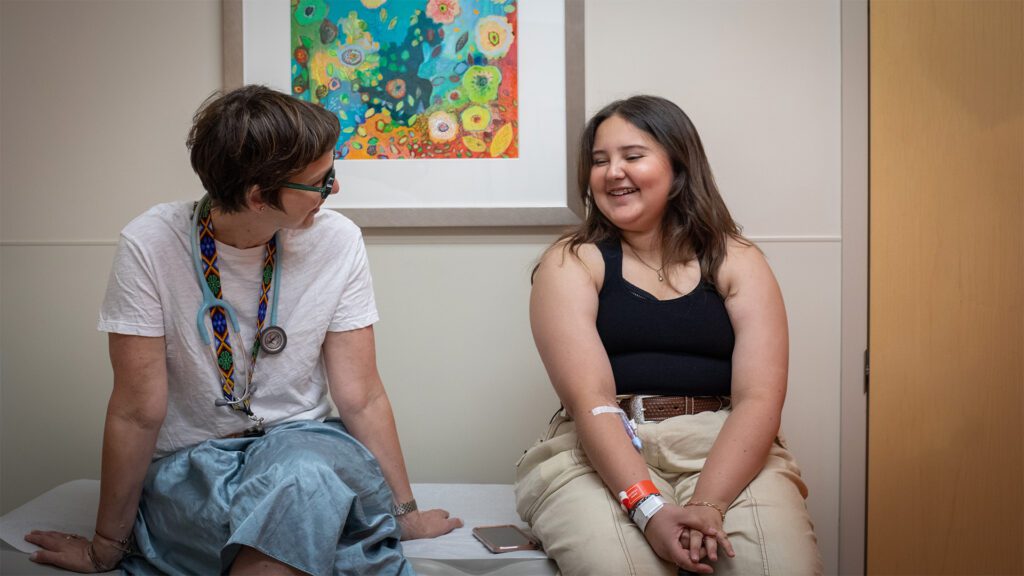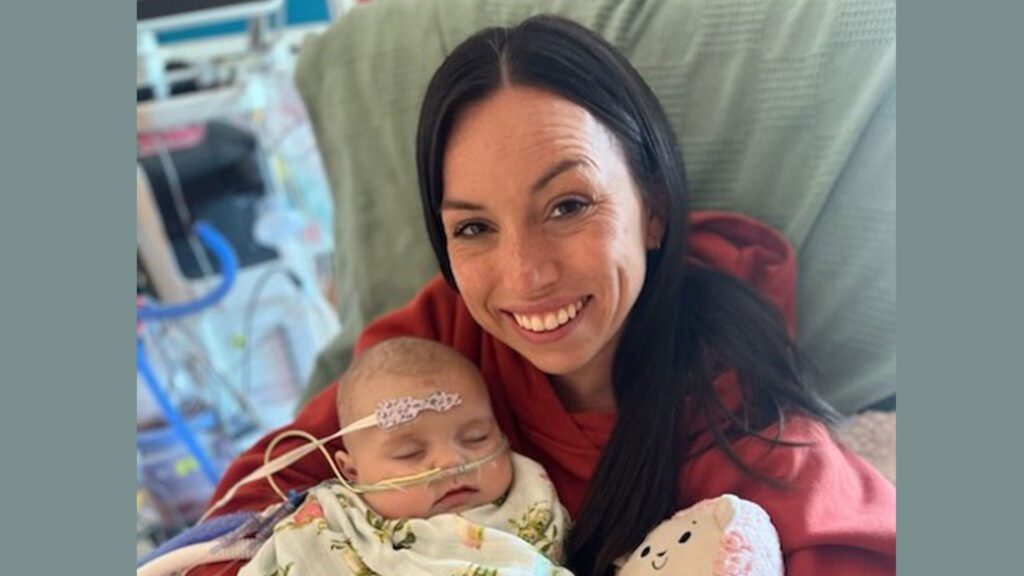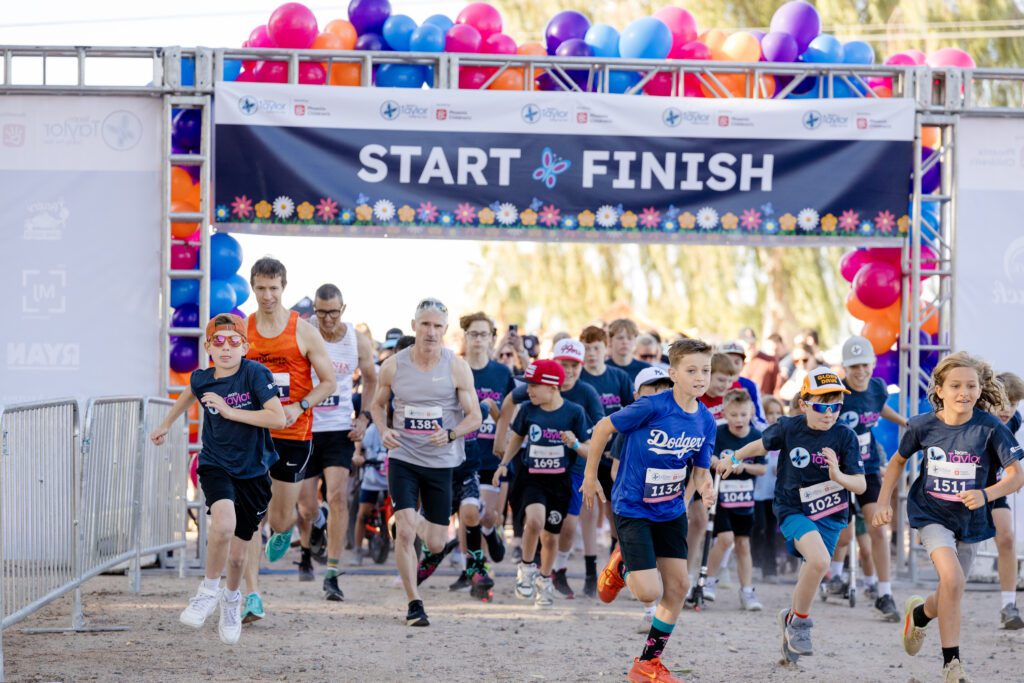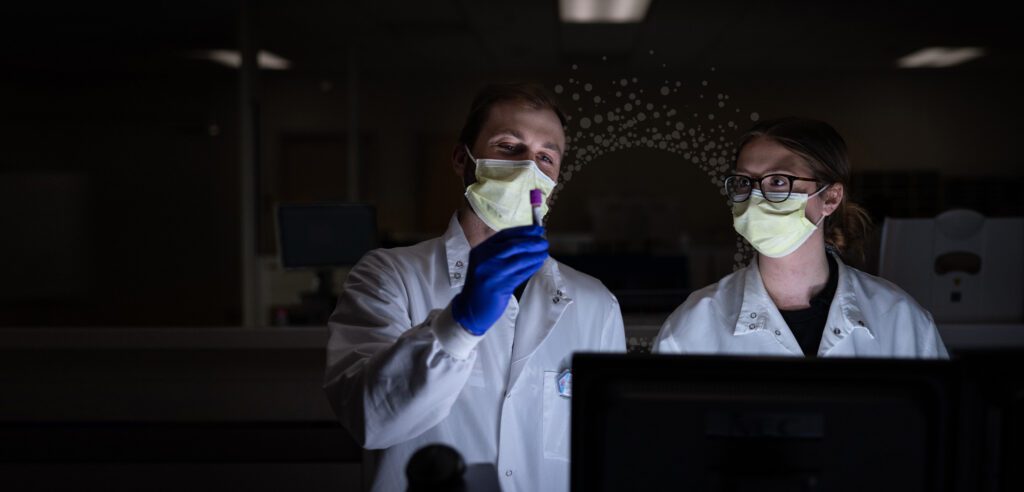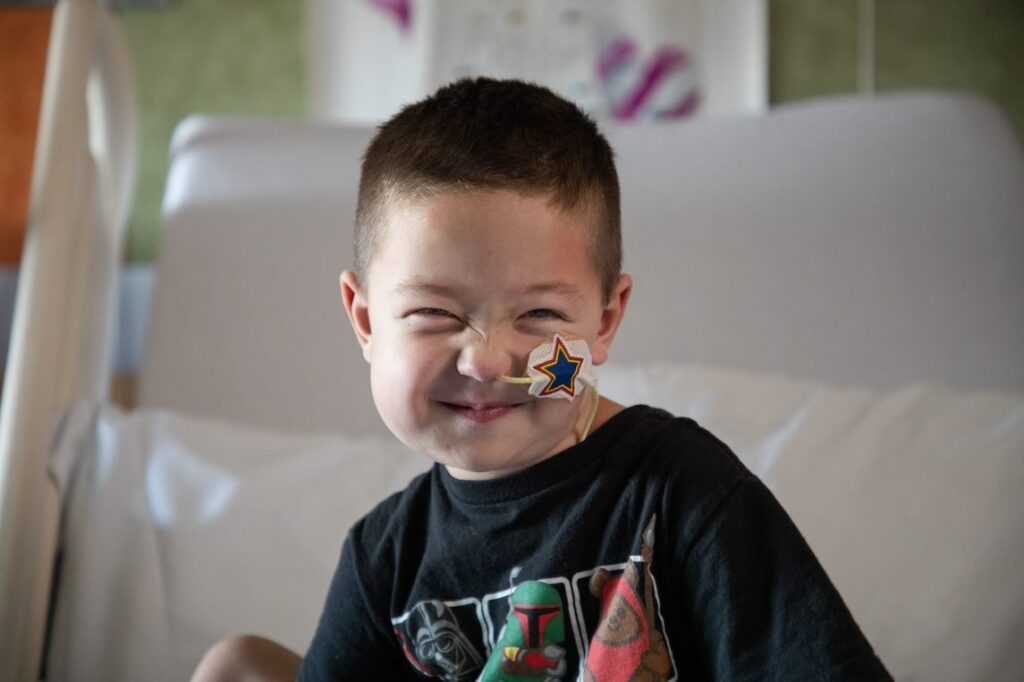Please note that this video addresses self-harm and suicide. If you or someone you know is struggling or in crisis, help is available. Call or text 988 to reach the 988 Suicide & Crisis Lifeline.
Hypertrophic cardiomyopathy, a life-threatening heart condition, runs deep in Andrea’s family. Her own father underwent heart transplant surgery when he was 16. From the moment Andrea and her older sister Adina were born, their hearts were closely monitored. Early on, a doctor delivered a devastating prognosis—Andrea likely wouldn’t live past the age of 11.
The news they feared
Over the years, Andrea lived a normal life with no significant changes in her condition. That all changed when she turned 11. What was meant to be a routine check-up turned into one of the worst moments in her life. Andrea was in heart failure. Even worse, Adina was experiencing the same thing, and now they both needed heart transplants.


Andrea hoped her sister would receive a donor heart first. She wanted Adina to be healthy and prayed for her regularly. When their parents got the call, the doctors said the heart was a match for her. At first, she thought it was a joke. She remembers joking with her mom when the phone rang, saying, “Is that my heart?”
Finding light in the darkness
“I was scared because I had to go first. I didn’t have someone who could tell me how their surgery went or what to expect,” says Andrea. Following the procedure, she developed serious complications and underwent weeks of chemotherapy. The physical toll was immense, but the emotional toll was even greater.
During this period, Andrea struggled with her mental health and battled feelings of hopelessness, turning to self-harm. With the support of her family, she found the strength to seek help. Andrea opened up to Dr. Sarah Mejia, a psychologist who works exclusively with heart patients at Phoenix Children’s, about her feelings of guilt and remorse as she thought about the donor family who lost a loved one, making it possible for her to get a new heart. She was grateful but felt grief for them as well.
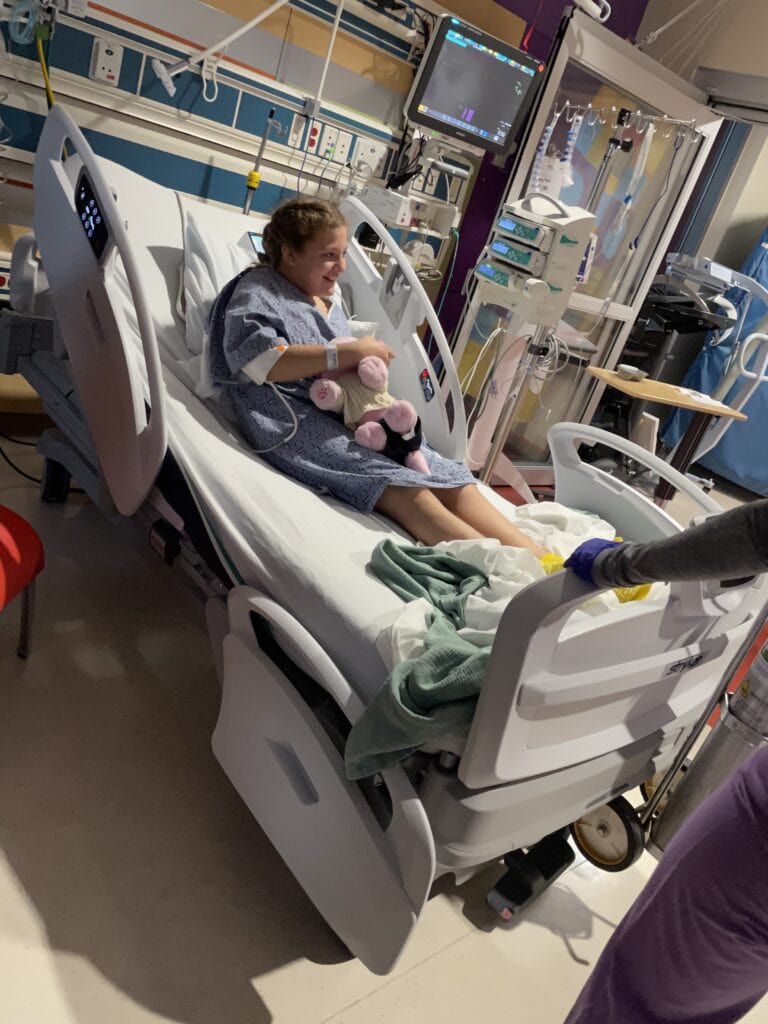
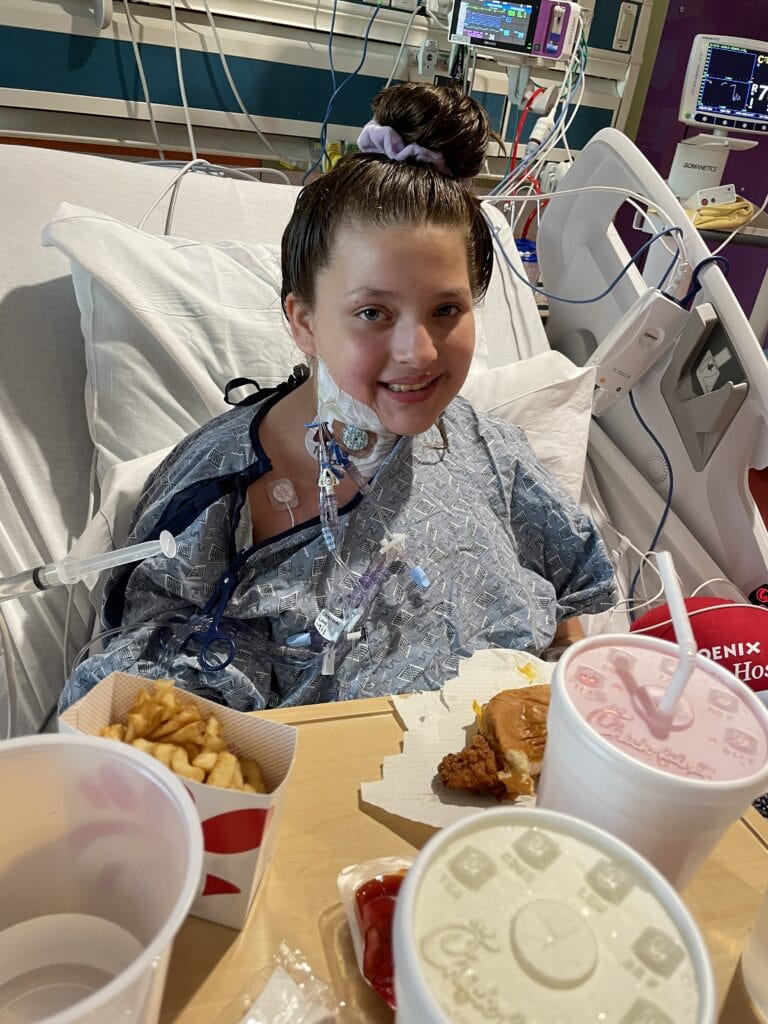
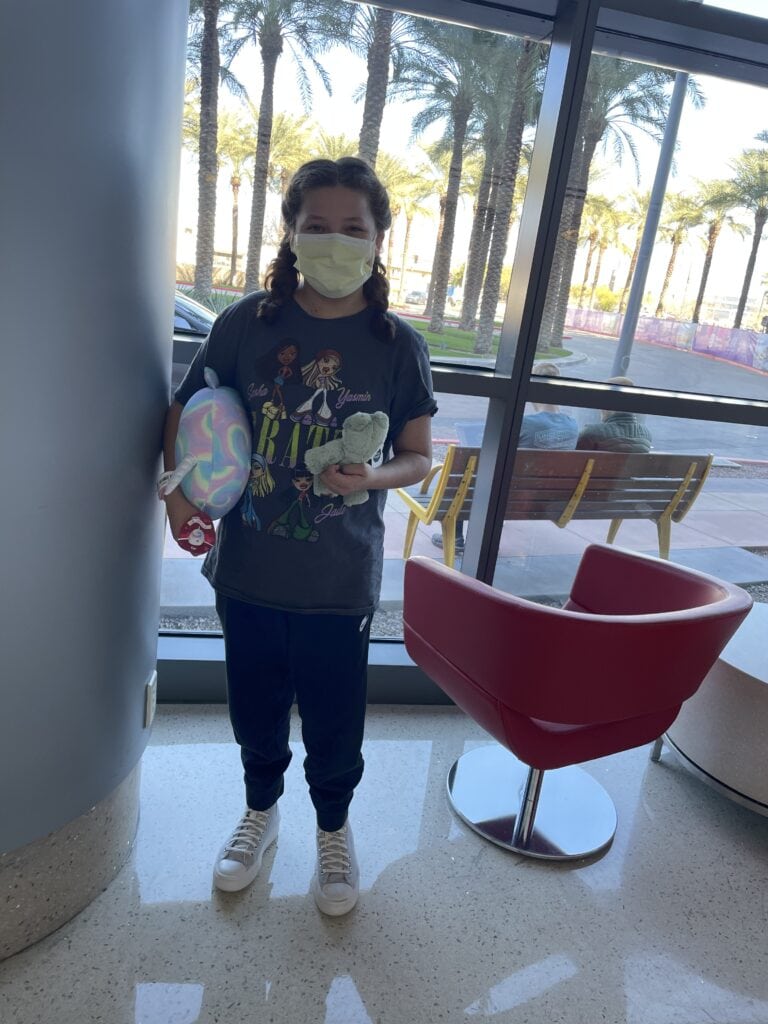
Dr. Mejia helped Andrea through her complex feelings, supporting her throughout her recovery, and even today, as Andrea continues to have regular check-ins with her.
“A heart transplant is an extraordinary lifesaving and life-changing experience for a child with a serious heart condition,” says Dr. Mejia.” Everyone calls it a gift, but we don't really use that word for our patients. It's often more complicated than that. Many patients feel a mix of emotions like thankfulness, sadness and sometimes guilt. It can be confusing to feel all these things at the same time. Some find it hard to understand why after getting a new heart, they don't feel as happy or as peaceful as they thought they would.”
Andrea also credits donor-funded programs like Child Life, therapeutic arts and animal-assisted therapy with playing a vital role in her recovery. These services brought moments of joy during some of her darkest days.
A future full of possibility
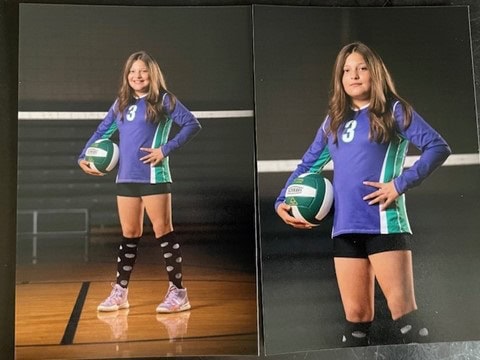
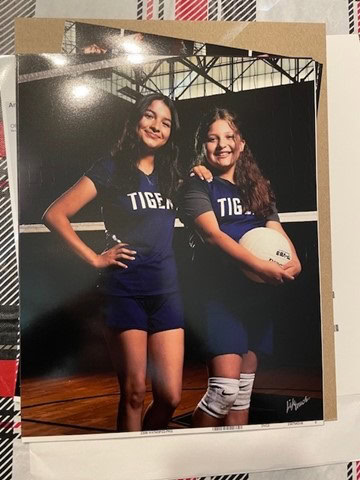
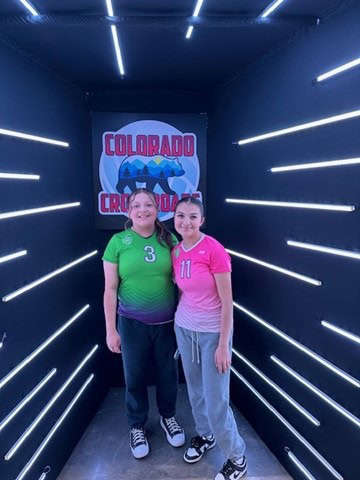
Just weeks after Andrea received her heart, a donor heart became available for Adina. Both Andrea and Adina recovered from their heart transplant surgeries, and they continue to get regular checkups. Now, they are looking toward a brighter future and continue to find strength and happiness in each other.
“Phoenix Children’s felt like a safe space to express myself. They have so many resources to help you when you need it, and the doctors are amazing. They helped so much with my mental struggles. I’m thankful I got to receive care here,” says Andrea.
Your generous support makes more moments possible for kids like Andrea. 15

